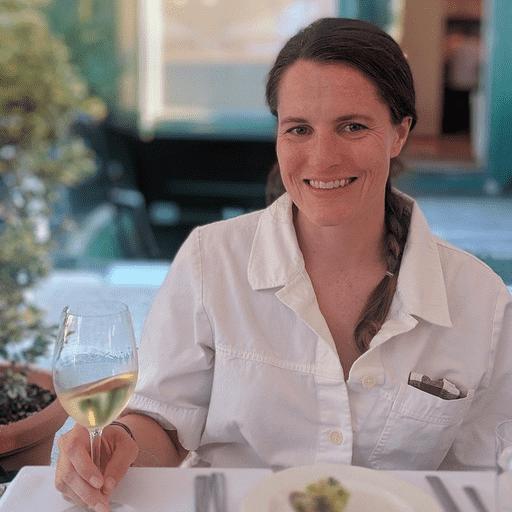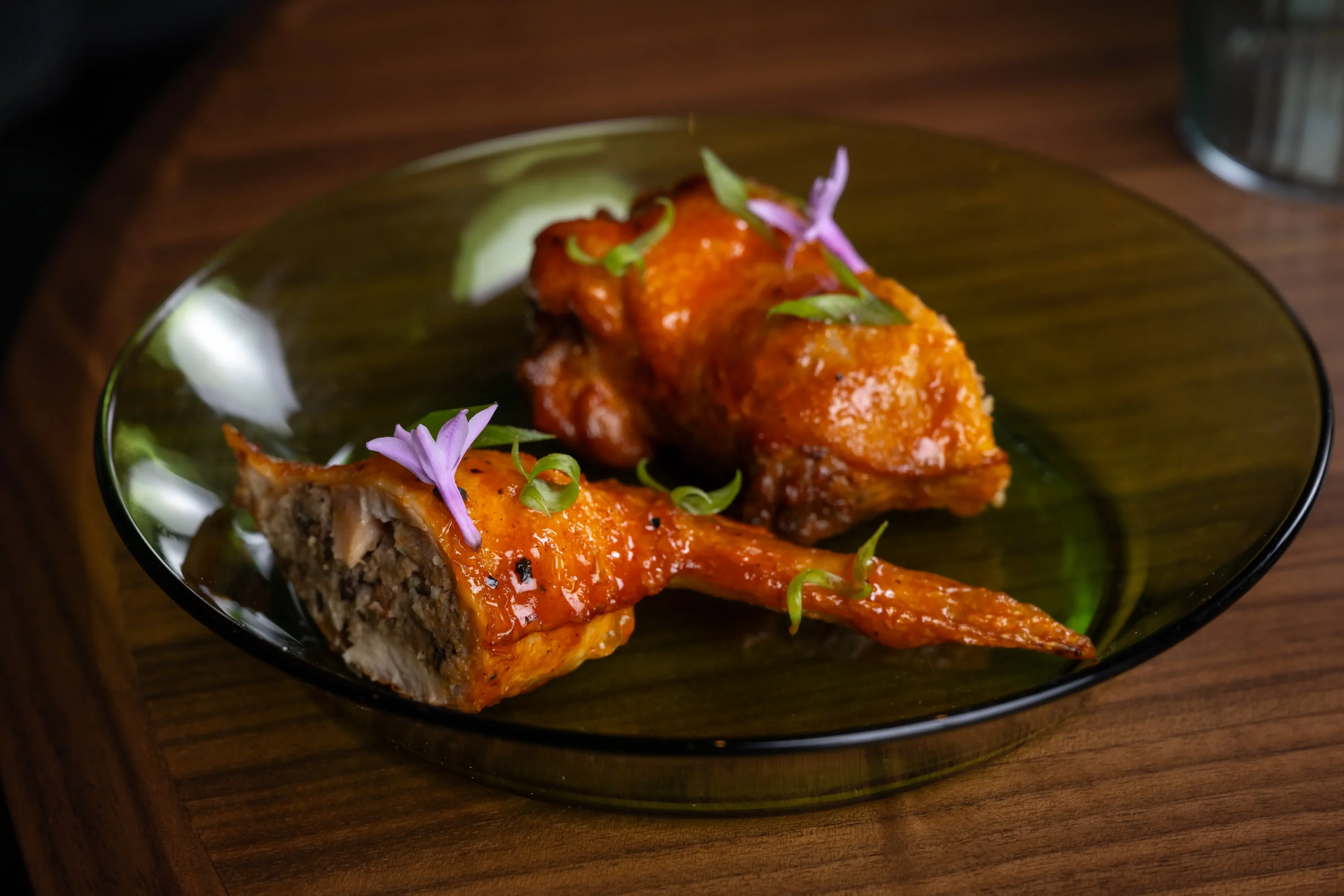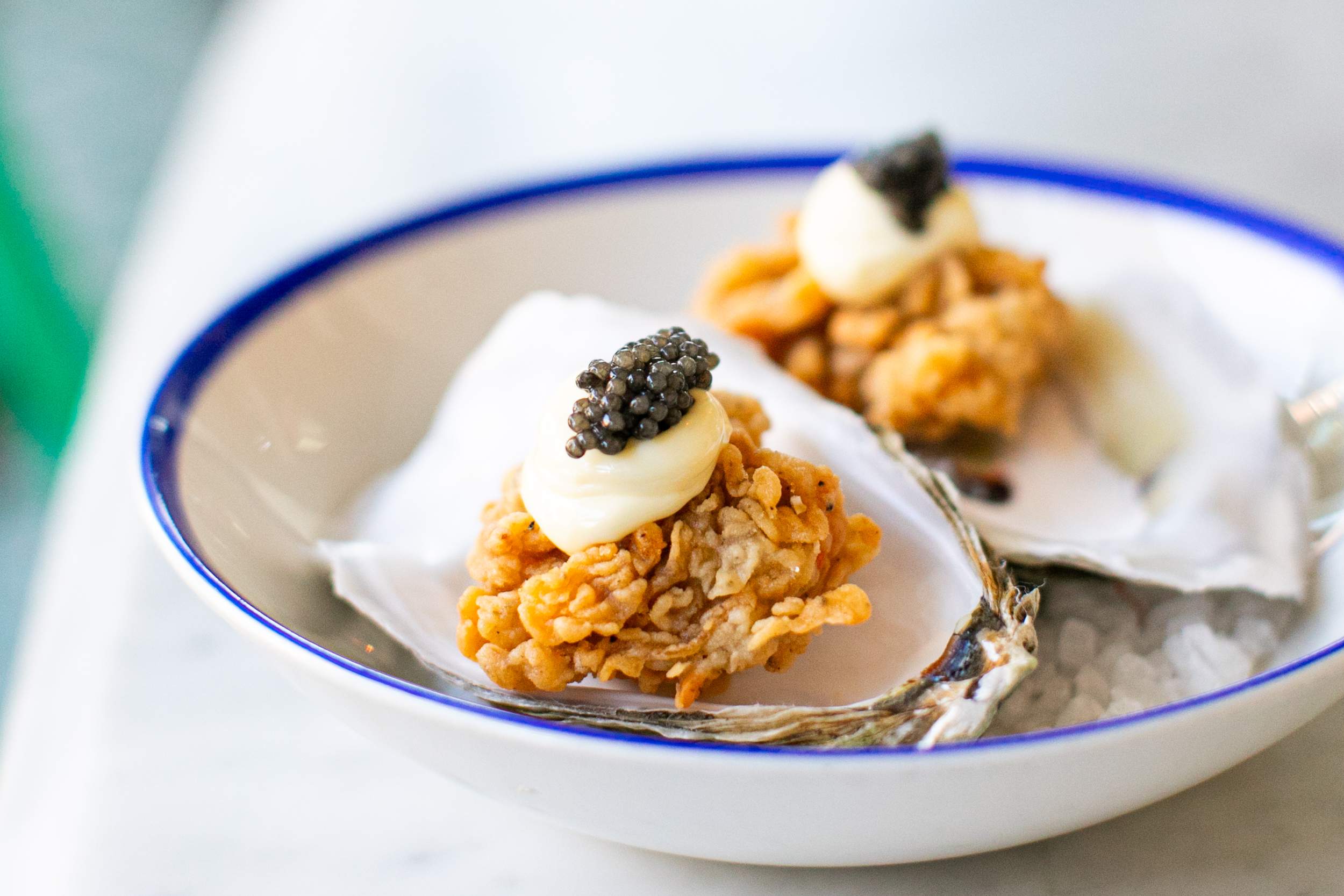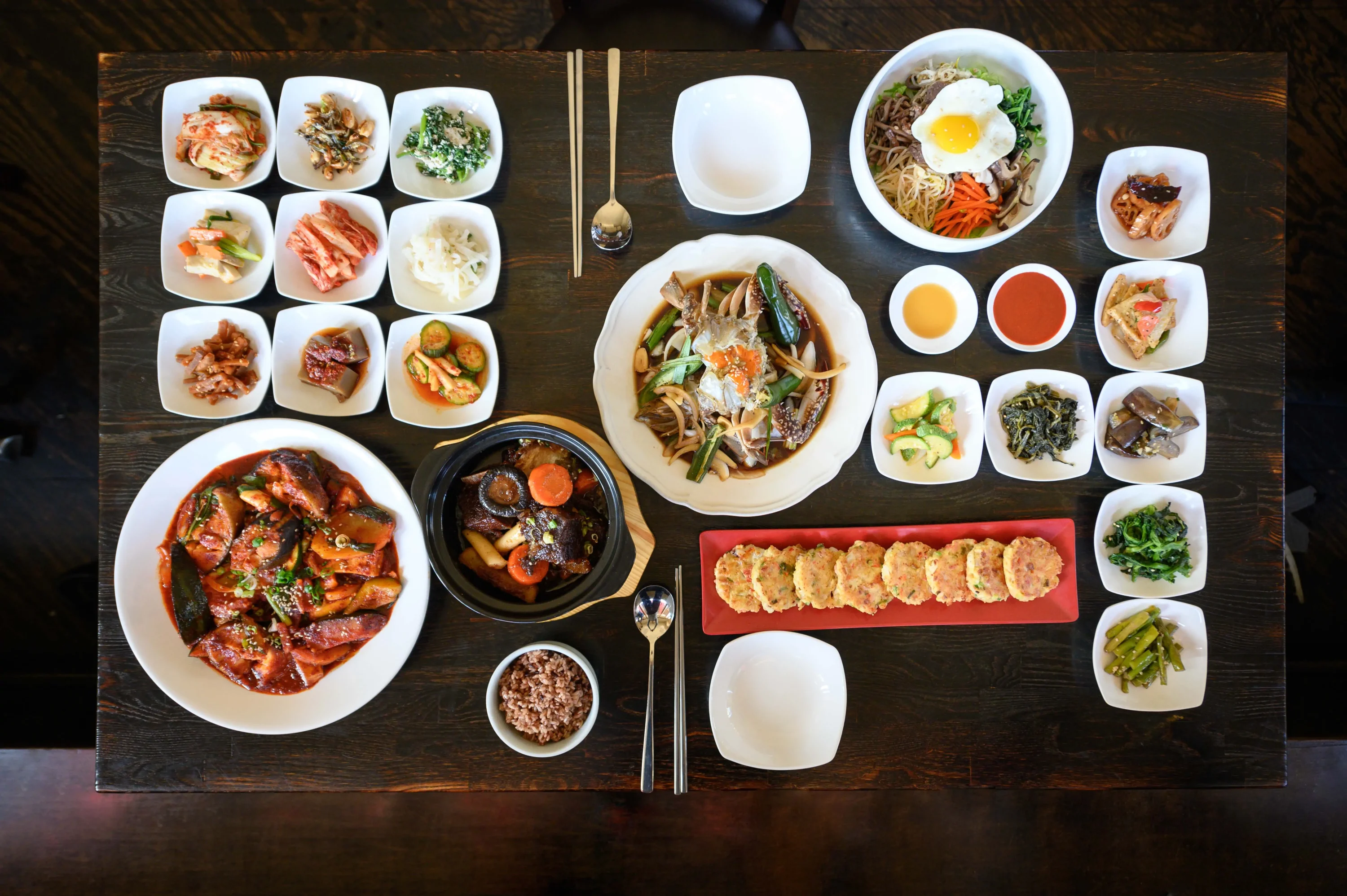It’s undeniable that dining out can be difficult right now — and in some cases, it’s led to news-worthy cases of frustrations boiling over. In Cape Cod, a restaurant shut down for a “day of kindness” after customer outbursts drove staffers to the brink, while the TODAY show talked to servers all over the country who have dealt with conflicts over everything from mask mandates to operating hours.
The frustrations that diners feel aren’t surprising — from supply chain issues causing menu changes to increased food costs and staff shortages, restaurants are being squeezed from all directions, and that often changes the experience of going out.
“COVID has affected every facet of our business,” says Lauren Castellucci, the director of sales & marketing for Castellucci Hospitality Group (CHG), which operates seven restaurants in Atlanta.
Fortunately, diners have shown up throughout the pandemic to help support the restaurants they love. And in this current period, there’s one easy way to help restaurants meet these challenges: practice kind dining by showing up to your reservation with patience and empathy.
“A restaurant is a very delicate balance of many things, internally and externally,” explains Matthew Schaler, chef de cuisine at Birdie G’s in Los Angeles. To help diners understand that balance and learn how to practice kind dining when they encounter issues, here’s a look under the hood at three big challenges impacting restaurants right now.
Things might take longer
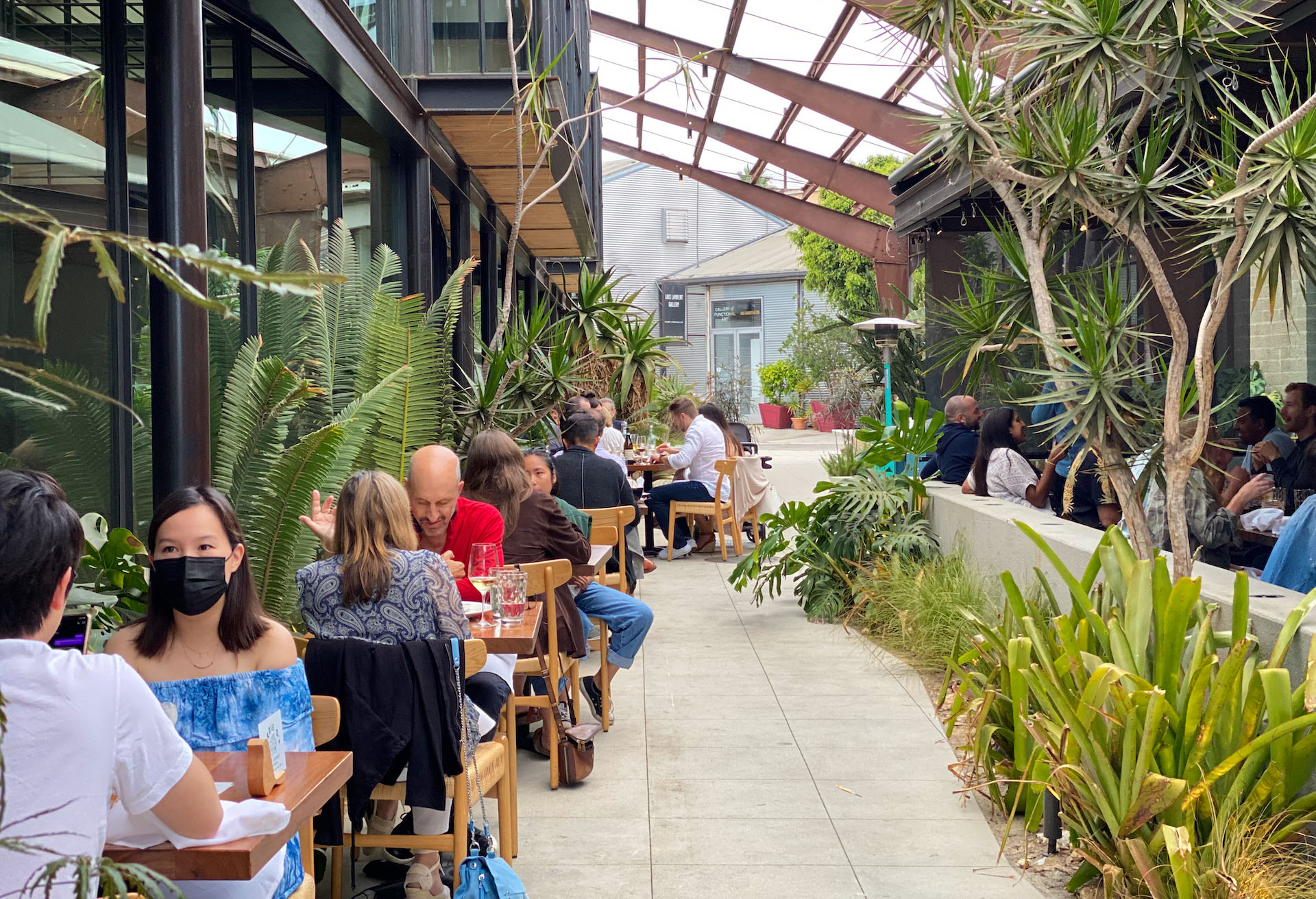
After 18 months of scaling business up and down based on local mandates, many restaurants around the country have struggled to find enough staff. To preserve the diner experience, many places have changed the way they operate to try and do more with less.
Schaler says that Birdie G’s is operating with about two-thirds of its typical front-of-house (hosts, servers, bartenders, bussers, and food runners) and back-of-house (cooks and dishwashers) staff. “We don’t have room for call-outs,” he says, referring to employees calling out of work for sick days or personal reasons. “We don’t have a robust-enough roster to have people who can fill in super-easily.”
In one extreme example, Temple Restaurant in Red Bank, NJ, recently closed on-site dining entirely, posting a sign in the window alerting customers that it was switching exclusively to takeout service due to a lack of staff and rising COVID case counts in the area.
Kind dining takeaway: Assume that the restaurant you’re visiting is short-staffed, and be extra patient with the staffers who are there. If you can make a reservation in advance, do so — it will help the restaurant anticipate the number of people dining that night and staff up to the best of its ability. Lastly, build in extra time for your meal if you are going somewhere afterwards.
Masks may be required
Fluctuating COVID case counts and subsequent policy changes have forced restaurants to adjust protocols on the fly — and put staffers in the unenviable position on the front lines of communicating public health policies to diners. In some cases, restaurants create individual policies that go beyond local mandates, which may catch people off guard upon arrival.
“Just as [guests] want to feel safe and taken care of while dining out, we want to keep ourselves and our staff safe as well,” says Castellucci, whose restaurant group employs more than 350 people in the Atlanta area.
Coming off of a year of shut-downs and reduced operations, community health is critical to restaurant recovery. Though Birdie G’s has required vaccinations for staff, Schaler worries about break-through cases. “It’s our worst-case scenario to have to shut down due to an outbreak,” he says.
Kind dining takeaway: Know mask and vaccine policies before you go, and check the restaurant’s safety precautions on its OpenTable profile. And remember — restaurant’s space, restaurant’s rules. Protocols are there to keep both staff and customers safe, as well as abide by local mandates.
Things might cost more…or not be available
A combination of supply chain issues and cultural forces like the fast food chicken sandwich trend have led to dramatic increases in ingredient costs that have forced restaurants to either raise prices or remove items completely.
Castellucci’s Spanish restaurant, the Iberian Pig, had to remove its signature crab croquettes from the menu due to rising seafood prices. “The price we had to charge to be profitable was almost insulting,” executive chef Josue Pena told Bloomberg.
Schaler points out that staffing shortages affect every aspect of the supply chain, from the people packing the trucks to the people making deliveries. Recently, a delayed shipment of produce arrived at Birdie G’s just ten minutes before dinner started, causing a cascade of issues. Servers had to explain to diners that certain items on the menu weren’t available at the start of service, while the already short-staffed kitchen had to take cooks away from their stations to put away and prep the delayed ingredients at the same time orders were coming in from the dining room.
“The last thing I want to do is have a server say ‘We don’t have this,’ and then when the diner is leaving, have them see that item suddenly being delivered to another table,” explains Schaler. “We try to be as upfront as possible, but diners don’t always know the full situation.”
Kind dining takeaway: Though restaurants are trying their best to create a consistent experience, there are some things that are out of their control. Whether you’re curious about seating arrangements or wondering if your favorite dish is still on the menu, use Direct Messaging in the OpenTable app to ask the restaurant questions and avoid surprises on arrival.
Come as a guest, not as a customer
No matter what side of the table you’re on, it hasn’t been an easy year. Just as restaurants create an experience of hospitality for diners, diners can reciprocate by practicing kind dining when they go out. Because if the past year has shown us anything, it’s that life is richer with our favorite restaurants around.
Schaler echoed a sentiment shared by many in hospitality: “At the end of the day, we just want people to have a good time.”
